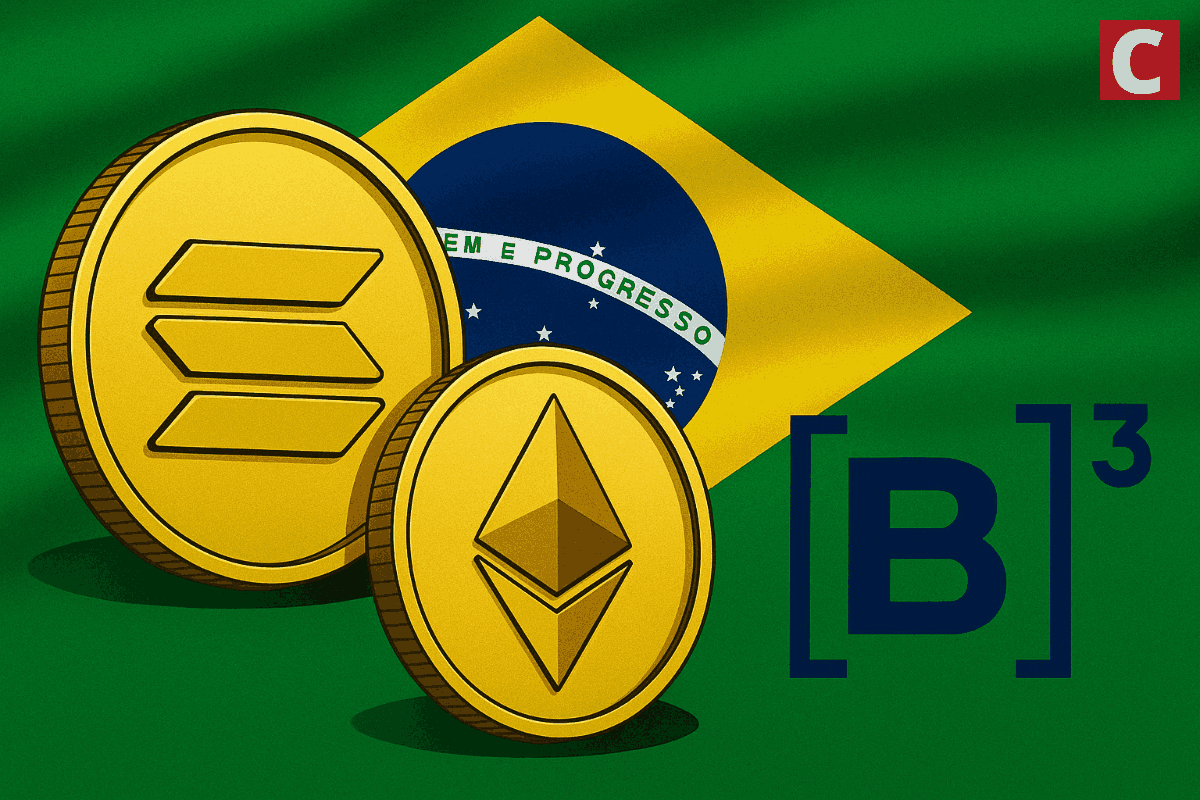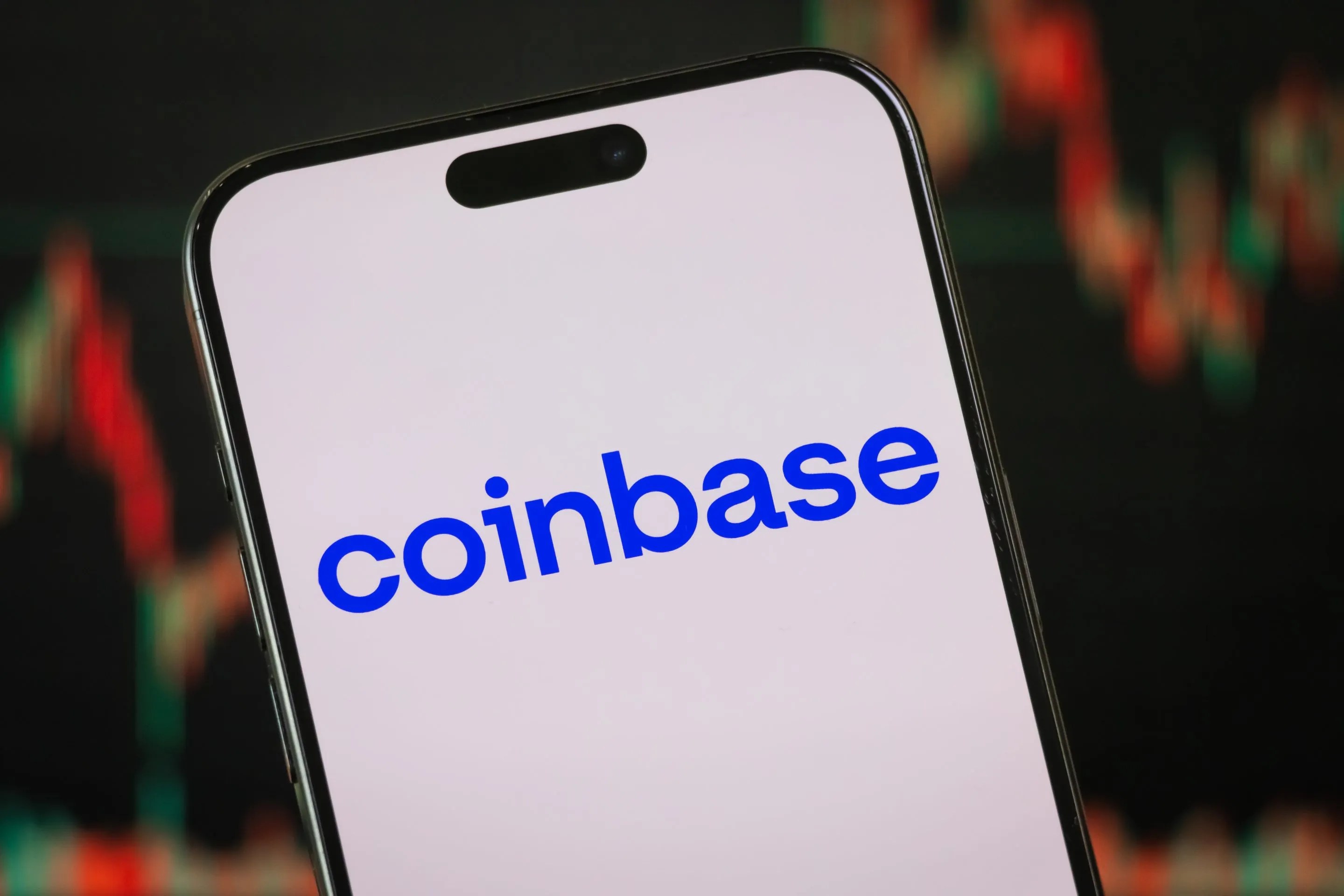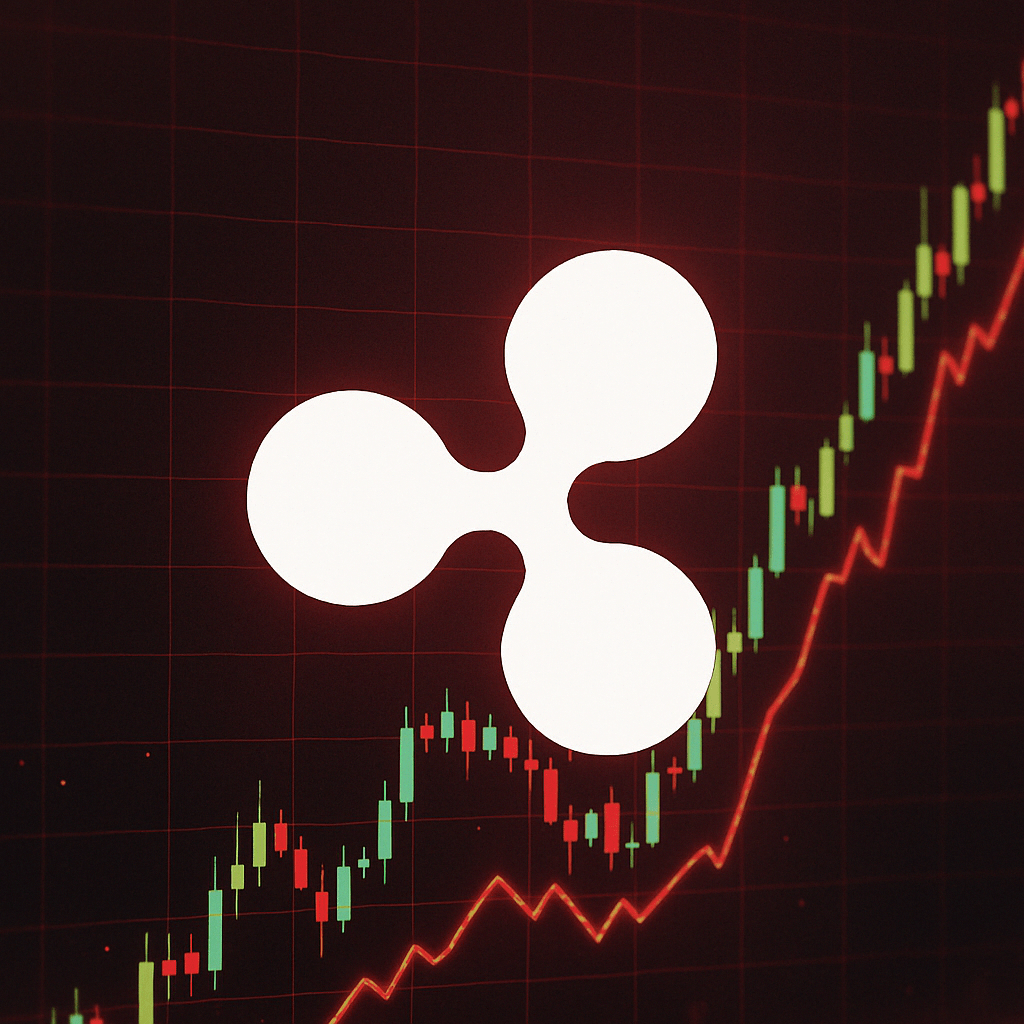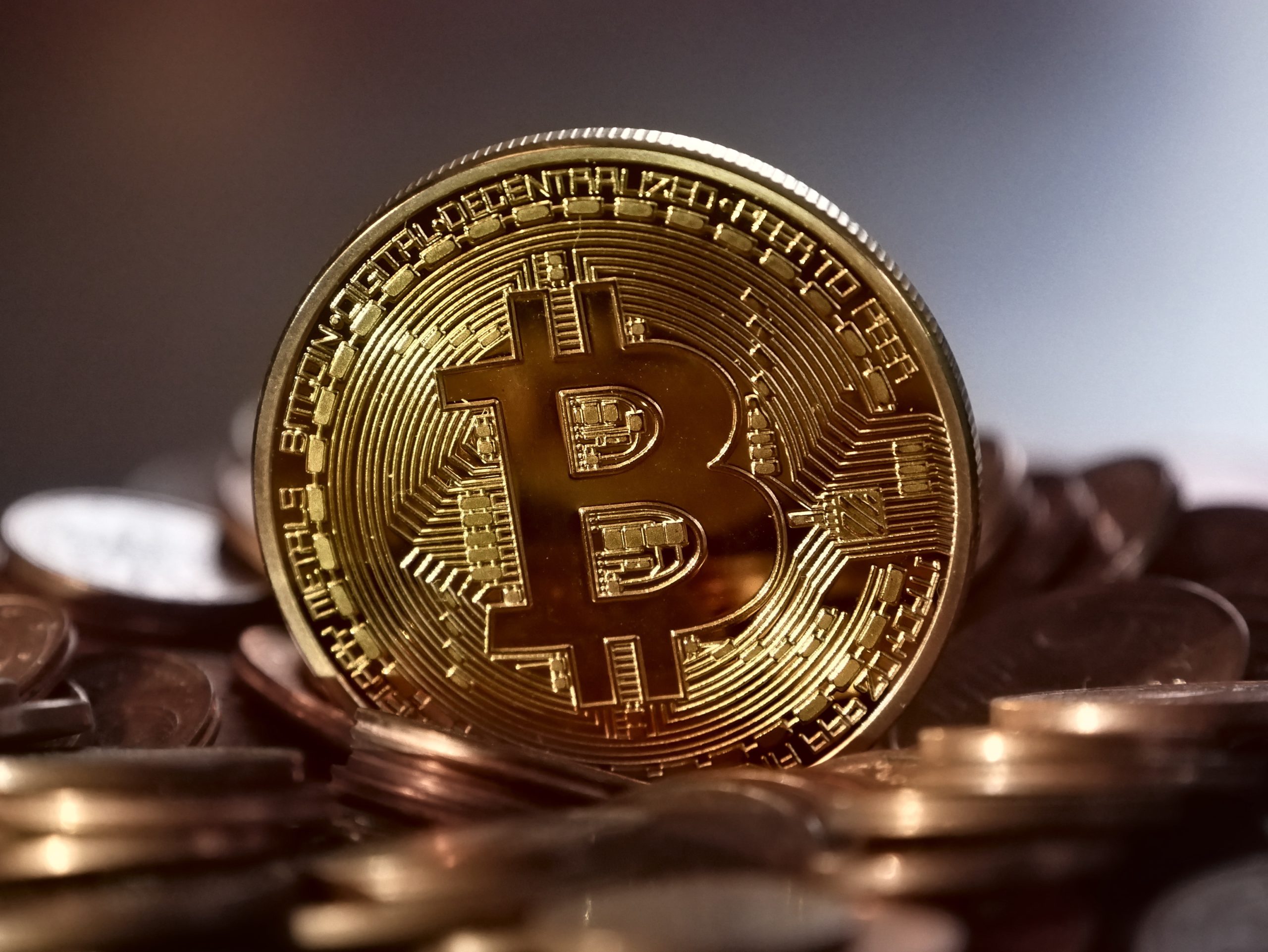An appeal over precisely how much money BSV investors can recover off a group of digital asset exchanges accused of unlawfully colluding to delist BSV took place in London this week, with the representative of the BSV investor class arguing that the impact on BSV’s growth should entitle holders to more than £9 billion ($11.9 billion) in damages.
The claim was initially brought against four exchanges—Bittylicious, Kraken, Shapeshift, and Binance—over their delisting of BSV from their platforms in 2019. According to BSV Claims Limited, the lead claimant, which represents more than 200,000 BSV investors affected by the delistings, the exchanges unlawfully entered into an anticompetitive agreement which effectively prevented, restricted or distorted competition within the United Kingdom in violation of the U.K.’s Competition Act 1998.
BSV Claims Limited argues that due to the delistings, the price of BSV fell, causing damage to asset holders. Perhaps most importantly, it argues that the delisting also deprived BSV of the opportunity to develop into a top-tier digital asset, further depriving BSV holders of an expected increase in future value. According to an expert report from Oxera Economics, the total damages are estimated to run up to £9.9 billion ($13 billion).
The Competition Appeals Tribunal (CAT) certified the claim in 2024, meaning the case was given the green light to trial. However, at that certification hearing, the CAT ruled that BSV holders were obligated to mitigate their losses by exchanging BSV for another digital asset once they were made aware of the delistings, drastically limiting the damages that could be recovered for the ‘foregone growth’ of BSV as an asset.
In essence, the CAT ruled that BSV holders covered by the CPO could at most be able to recover the difference between the price of BSV at the time of the delisting and the time the holders were aware—or ought to have been aware—of the delisting.
BSV Claims Limited has appealed that aspect of the ruling, which was the subject of this week’s hearing.
The Court of Appeal tribunal appeared to bristle at the figures offered by the expert economic report provided to the CAT, which suggested that if not for the delistings, BSV could be worth enough to put their recoverable damages in the billions. They also questioned the degree to which assets held on delisting exchanges were lost entirely, and how practical it was for holders to use their private keys to sell them on another exchange.
Wardell KC for BSV Claims argued that these questions—whether a suitable alternative for BSV exists at all, at what point holders should have known of the delistings and whether BSV holders might have had justifiable reason to hold onto their investment—should not have been dismissed without the benefit of a full trial. This is particularly so, it was argued, given that digital assets are a still-developing area of law.
The force of BSV Claims’ argument is clear. Unlike other markets, where investments might be highly fungible, an investment in a digital asset is usually made for a specific reason. A purchaser of BSV isn’t simply trying to get in on any digital asset investment: the purchase is likely made with a particular investment thesis that does not apply to other digital assets. Suggesting that BSV holders at the time of the delisting could have simply swapped BSV for another coin is closer to suggesting that an investor in lumber could have mitigated their losses by swapping it for equities: they are different assets entirely. For BSV investors, BSV is the only show in town.
The CAT, however, appears to view the digital asset market as a singular organism which contains only superficially different assets.
Complicating the hearing was what the Court of Appeal seemed to consider that the written ruling by the CAT was poorly articulated, which affected the quality of the parties’ written submissions today.
The Court reserved its judgment, meaning it will be handed down at a later date.
No matter the outcome of the appeal hearing, the BSV investor class action is set to barrel towards trial. It’s simply a question of how much money the exchanges will be on the hook for should they lose at trial.
Watch: Onboarding enterprises onto BSV blockchain via AWS
















 English (US) ·
English (US) ·